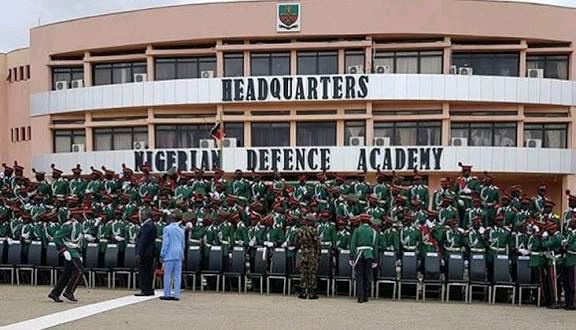China Warns U.S. of Potential Defeat in War, Declares It Is Not Like Iran
Beijing has issued a bold warning to Washington, asserting that China is “not like Iran” and that the United States would face defeat in any potential military conflict with the Asian superpower.
The statement, made by a senior Chinese defense official, marks an escalation in the ongoing war of words between the two powers amid heightened global tensions over recent U.S. military actions in the Middle East.
The comment came in the wake of renewed U.S. airstrikes on Iranian nuclear facilities, which drew sharp criticism from Beijing. The Chinese government condemned the strikes as a “dangerous violation” of international norms and a further erosion of U.S. credibility on the global stage. Chinese officials emphasized that such aggressive unilateral actions undermine global stability and could trigger wider conflicts.
“We are not Iran. If the United States dares to test China’s resolve militarily, they will not win,” the Chinese official was quoted as saying. “The era of U.S. military dominance is over. China is prepared, and any miscalculation will come at a cost.”
The remarks were seen by analysts as a direct attempt to contrast China’s military and strategic capacity with that of Iran, while also serving as a deterrent message to Washington against any consideration of military escalation in East Asia or the South China Sea. China’s military modernization over the past decade has significantly increased its ability to challenge U.S. influence, especially in its immediate neighborhood.
While asserting its military capabilities, China has also emphasized its preference for diplomacy over confrontation. The Chinese foreign ministry called for restraint and dialogue following the U.S. strikes on Iran and reaffirmed its support for international negotiations as the path to peace. China, along with Russia and Pakistan, has called for an urgent United Nations Security Council resolution to halt further escalation in the Middle East and resume diplomatic efforts.
Beijing’s concern is also rooted in its deep economic ties with Iran, particularly in the energy sector. Iran was once one of China’s major oil suppliers, accounting for as much as 15 percent of its crude imports. However, due to rising instability and U.S. sanctions, Iran’s oil exports to China dropped sharply—from 1.6 million barrels per day in late 2024 to 740,000 barrels per day by April 2025. This decline has affected China’s energy security and pushed it to accelerate investment in renewable energy and explore alternative oil sources.
Despite its strong rhetoric, China continues to avoid direct military involvement in Middle Eastern conflicts. With only one overseas military base located in Djibouti, the country relies heavily on soft power and economic diplomacy to safeguard its interests abroad. Analysts say China is walking a tightrope—asserting its global influence while avoiding entanglement in foreign wars.
However, Beijing’s message to the U.S. is clear: any underestimation of China’s defense capabilities or resolve could lead to severe consequences. The warning signals a new phase in U.S.-China relations, one where Beijing is increasingly willing to project strength and challenge American dominance, not just economically but also militarily.
As the global order continues to shift, the U.S. and China are now locked in a broader strategic competition that spans trade, technology, diplomacy, and military influence. Whether this latest exchange of threats leads to confrontation or renewed dialogue remains to be seen—but for now, Beijing has drawn a firm red line.







